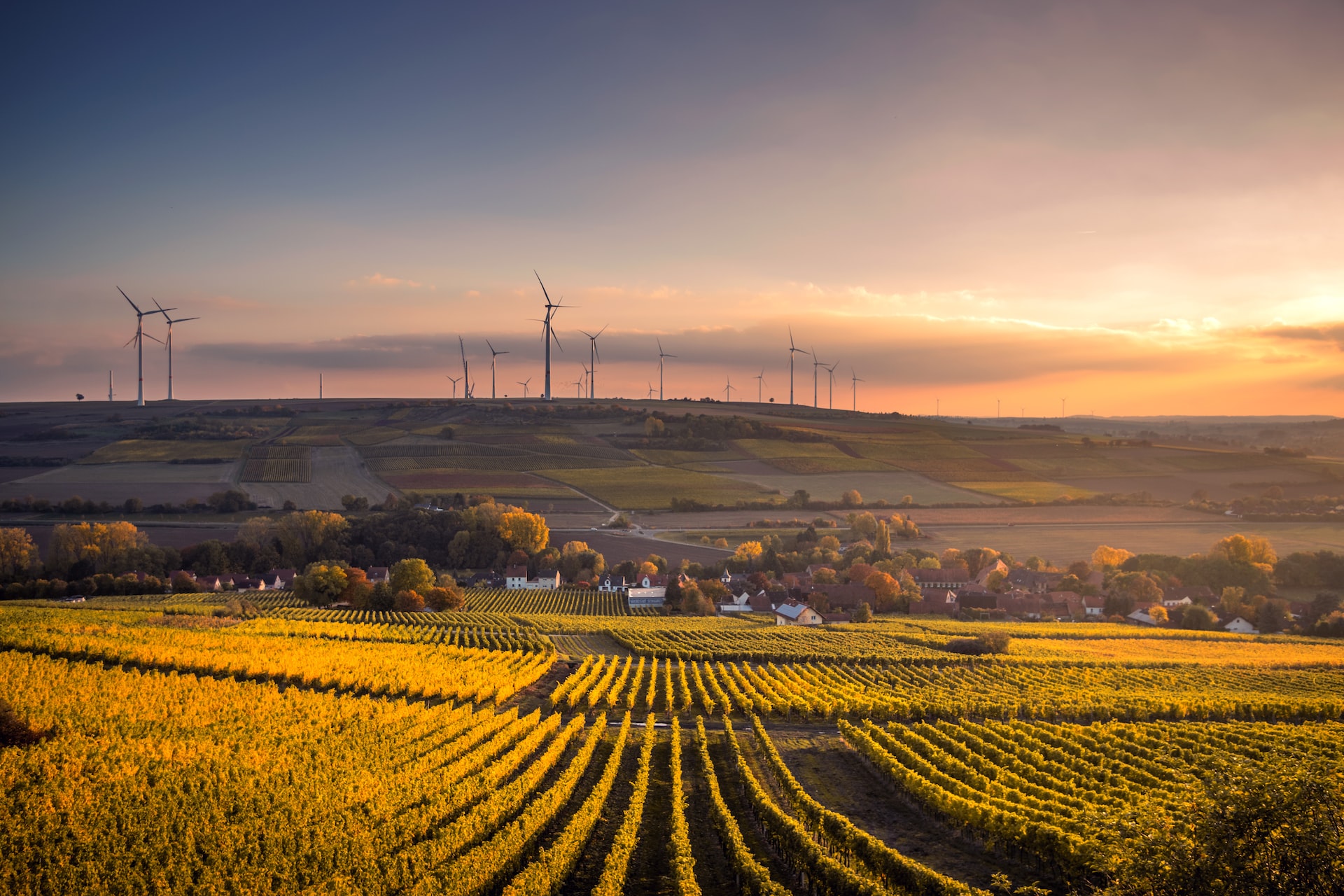Critical action is needed for Ireland to achieve its 2030 clean energy goal

A few years ago, the Oireachtas overwhelmingly voted that Ireland was facing a climate and biodiversity emergency. Many industry members highlighted that while declaring an emergency gained significant attention, it also needs action to back up the statement. Fine Gael’s Hildegard Naughton, chair of the Climate Action Committee, welcomed the move, believing it was an important statement but emphasised that we need to take decisive steps towards tackling the climate and biodiversity challenges.
There has been progress since this declaration. Ireland is developing new renewable energy projects, a new planning framework for offshore wind has evolved, and solar energy has started to connect to the grid. There is, however, evidence that not enough action has happened, and the Irish people are feeling the impact of escalating electricity prices. Renewable energy reduces our dependence on expensive fossil fuels, lowering the overall costs for customers and supporting our efforts toward carbon reduction and achieving net zero.
Wind energy generated 34% of Ireland’s electricity for the first half of this year. With more wind turbines generating power, expensive fossil fuel imports divert from the system, reducing wholesale electricity prices. The quicker we can develop and connect renewable energy to the electricity system, the more stable Ireland’s energy supply can be, and additional money can be returned to customers and reduce overall carbon emissions. The challenge is speeding up the transition, but evidence suggests it isn’t happening quick enough.
Energy industry experts believe achieving the 2030 targets and reducing carbon emissions by 51% is still possible but will require national collaboration, supported by government measures that connect every community across Ireland. Recent events in Ukraine and the resulting spiral in gas and electricity prices across Europe have made it a critical time to implement the necessary measures and take action immediately.
Ireland is capable of playing a vital role in defending Europe through driving wind and solar energy. Green hydrogen from Cork and electricity produced in Donegal can support the replacement of natural gas within Europe’s power supply.
Some factors need addressing first:- determining how to scale wind farm development, both onshore and offshore, solar farms and energy storage across Ireland as quickly and efficiently as possible. Ireland has the capabilities, the knowledge and investment. The main challenge is timing and ensuring the planning system can generate consistent development.
Many industry members believe too much time within the planning system and connecting to the grid can be slow and costly. Reforming the entire system for renewable energy development in Ireland is something some clean energy experts consider critical. There is concern that the electricity grid is predominantly based on a fossil-fuel economy, not on clean energy.
Developing new grid infrastructure, like the North-South Interconnector and investing in ensuring Ireland is capable of operating on 100% renewable when wind and solar are available is critical. The Electricity Future Strategy produced by EirGrid, must be considered carefully to ensure Ireland creates a secure future for its energy industry and the national economy. In parallel to this is a need to integrate new technologies, demand flexibility and deliver carbon-free solutions.
Additional infrastructure such as power lines and cables to connect power from the wind and solar sites is also a significant consideration. Clean energy experts believe that Ireland needs to recognise the challenges and barriers to a green transition and empower people to be capable of acting and be a part of creating an energy-independent and secure Ireland.
All News
